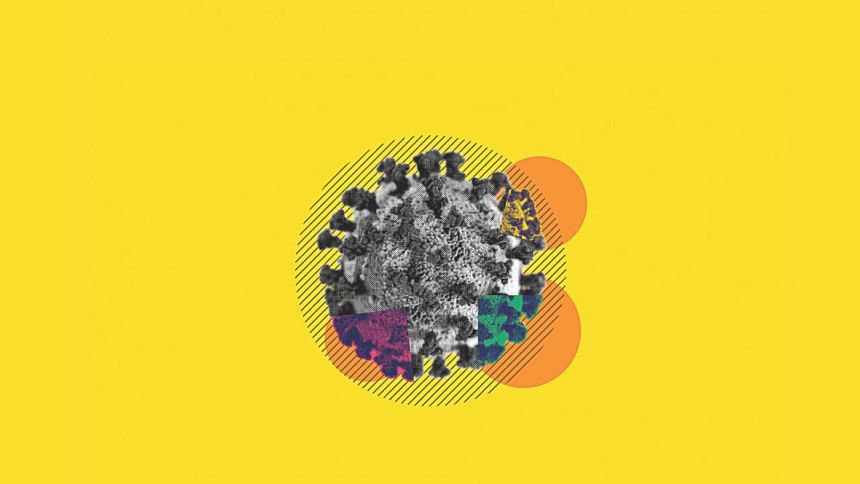Are you immune to COVID-19 after you have had it?

Based on data from other viruses and coronavirus strains, we know that people make antibodies 7-10 days after infection and that, depending on the type of virus, these antibodies can fend off reinfection for months to years after recovery (antibodies provide immunity only to the specific strain of coronavirus that a person was infected with). Since coronavirus disease (COVID-19) causing SARS-CoV-2 is a new virus, we still do not know how long antibodies will stay in our system after this specific viral infection.
It is highly likely that the antibodies we make after infection with the COVID-19 virus will provide immunity for a period of time. Chinese scientists have conducted some early research with rhesus monkeys and found that antibodies after recovery from COVID-19 protected the monkeys from becoming reinfected after another exposure to the virus. WebMD says, after the SARS outbreak, one study showed antibodies lasted for up to 3 years.
The level and time period of immunity can also depend on how an individual's immune system responds, so there is a lot more we still need to learn about immunity after COVID-19 infection.
Several reports from China have described cases of people with mild symptoms continuing to test positive for the virus, even after recovery. A small study of Chinese healthcare workers also described findings where people continued to test positive even after they had recovered. The study found that these individuals no longer had symptoms and that they did not go on to infect their family members.
According to experts, these scenarios require further study, but are unlikely to reflect reinfection. Research will continue to look at this question, but from what we know about our body's ability to fight of viruses, it is highly unlikely that a person that has recovered from COVID-19 and made antibodies will become reinfected in such a short period of time.

 For all latest news, follow The Daily Star's Google News channel.
For all latest news, follow The Daily Star's Google News channel. 



Comments